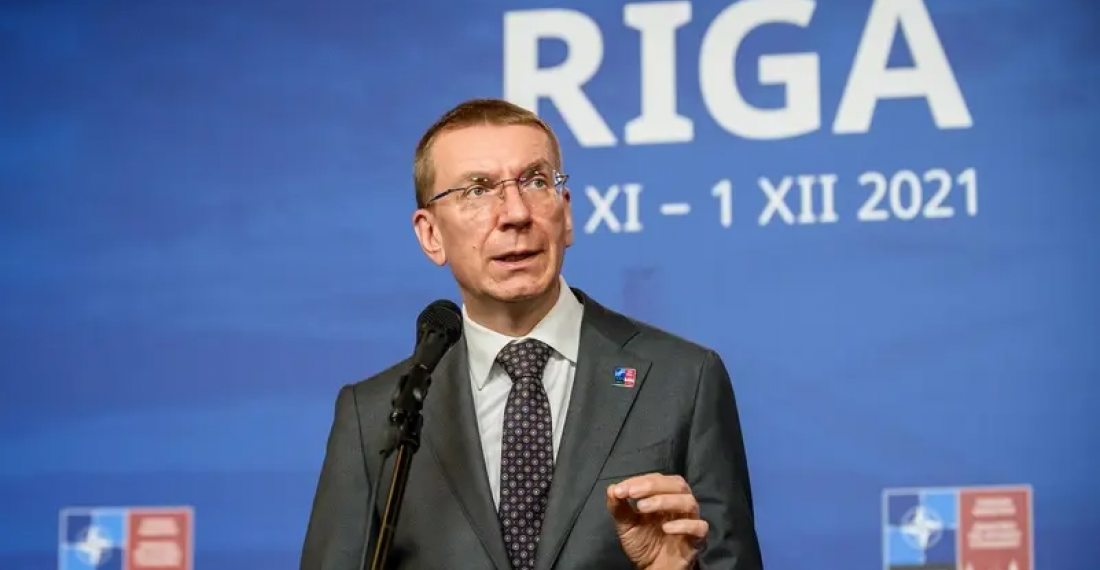Following Russian President Vladimir Putin’s televised address on Wednesday morning (21 September) in which he announced the mobilisation of 300,000 reservists to bolster his faltering invasion of Ukraine, numerous Western leaders have responded with criticism and condemnation.
In a speech at the UN General Assembly, US President Joe Biden accused Russia of wanting to “extinguish Ukraine’s right to exist as a state”, and urged the rest of the world to see that the actions of Russia today, its nuclear threats towards Europe and the sham referenda being held to annex parts of Ukraine, are extremely significant violations of the UN charter.
NATO chief Jens Stoltenberg has also reacted to Putin’s announcement, declaring that Putin’s threats regarding nuclear weapons is “dangerous and reckless rhetoric”. Stoltenberg warned that the addition of extra troops would only lead to further escalation and deaths, while also emphasising that NATO members are prepared for lengthy dealings with Putin.
German Chancellor Olaf Scholz suggested that Moscow’s call for mobilisation was an indicator of their unsuccessful attack on Ukraine, while a joint statement issued by UK Prime Minister Liz Truss and European Commission President Ursula von der Leyen said that the partial mobilisation was “a statement of weakness”. Meanwhile Dutch Prime Minister Mark Rutte said that Putin’s actions are a sign of panic in reaction to the collapse of the Kharkiv front two weeks ago, and French President Emmanuel Macron emphasised that Russia’s plans are a mistake that will only further their isolation from the rest of the world.
Russia’s Baltic neighbours have also responded. Latvia announced that they will not give humanitarian shelter or refuge to any Russian citizens who attempt to escape mobilisation, with Foreign Minister Edgars Rinkēvičs citing security concerns. Lithuania has raised the level of alertness of their Rapid Reaction Force, and Finland’s Defence Minister announced the country was closely monitoring the situation in Russia, adding that their defence forces are well-prepared.
source: commonspace.eu with agencies
photo: Latvian Foreign Minister Edgars Rinkēvičs, AFP






